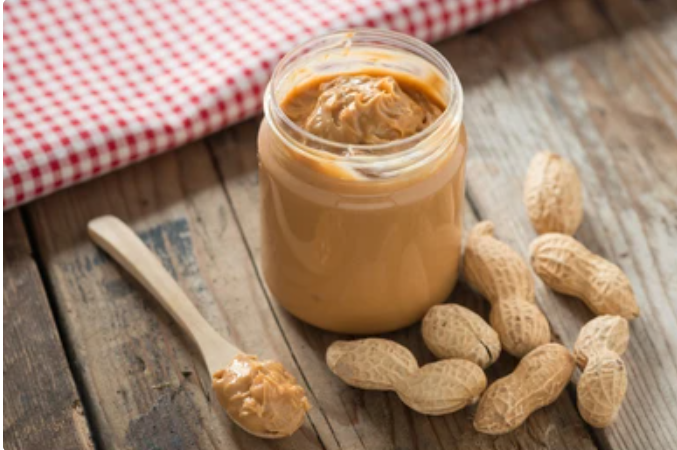Peanut butter
Whether you are in team smooth or team crunchy, peanut
butter is one of the world’s most popular spreads. But is it a healthy choice?
That depends.

A product that is 100 per cent peanuts has many nutrition
benefits:
- Protein. Peanuts are a legume (like beans, peas and lentils) and so are protein rich.
- Fibre. Peanut butter has 1.8g fibre in a tablespoon.
- Heart-healthy fats. Half the fat in peanut butter is made up of oleic acid, a healthy type of monounsaturated fat.
- Vitamins and minerals. Vitamins E, B6 and B3, folate, magnesium, copper and manganese, and heart-healthy polyphenols.
But peanut butter is not always just peanuts, found
researchers from consumer advocacy group Choice. They tested peanut
butters on offer in supermarkets and found many contain added sugar and salt.
The amount varies, so it pays to read the label. If the product is not 100 per
cent peanuts, look further. Some contain both sugar and salt, while others just
a pinch of salt.
Some “light” varieties have 25 per cent less fat, but Choice
warns that the trade-off is a product that is about 25 per cent less peanuts
and padded out with a type of starch typically used as a thickener or filler.
If it is important to you, you might also want to check if
you can buy peanut butter made from local ingredients.